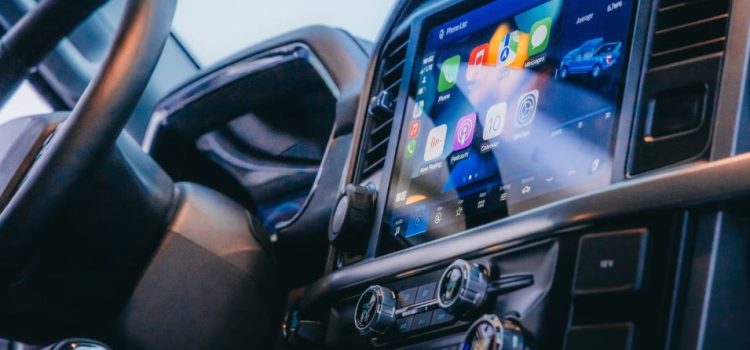Who controls gas prices in the US? Why are gas prices higher in the summer? Why do gas prices matter so much to Americans? Because gas plays a huge role in the day-to-day life of Americans, it’s no surprise that it’s a constant source of stress and a frequent political focus. However, not everything you hear about gas prices is accurate. Here’s a look at the top six gas myths and the realities behind them.
6 Myths About Gas Prices in the United States, Debunked!










